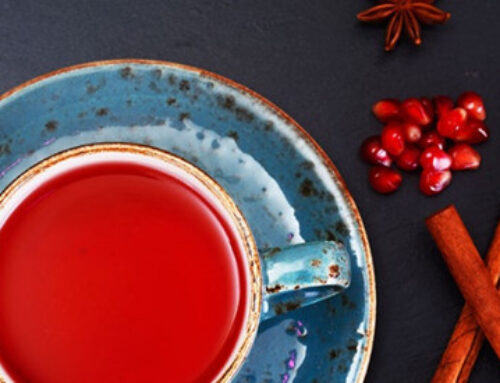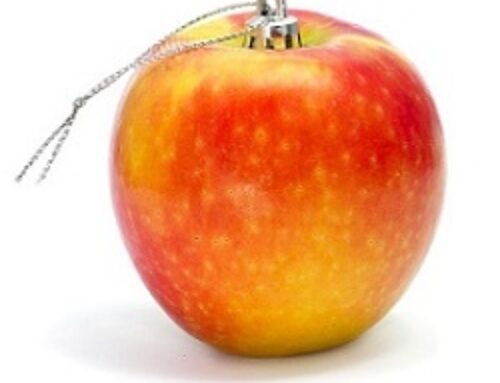There has been a big buzz lately about eating most if not all of our foods raw. Let’s consider this dietary lifestyle. Is eating all your food raw healthy, or is this just another fad diet taken to an extreme?
Why Raw?
The raw foodists like eating raw because raw foods have all their vitamins and enzymes intact, enzymes that are important for digestion. Cooked foods lose their enzymes and some of their nutrients when they are cooked above a temperature of 117 degrees F.
I will be the first to say that eating raw is a good idea, but it should be done thoughtfully.
Lets talk about the role of the pancreas in enzyme production. The pancreas is an amazing organ that has two functions. It has an endocrine function that regulates blood sugar and an exocrine function that helps in digestion. Enzymes used for digestion are made by the pancreas. The pancreas produces pancreatic juices: enzymes that break down proteins and carbohydrates in the duodenum (i.e., the first few feet of the small intestine).
Foods that are processed or cooked are low in the enzymes that are naturally high in the raw state. Thus, the pancreas has to pick up the slack and work extra hard to produce more enzymes to break down these enzyme-deficient foods. After a while, the pancreas can’t keep up the pace and begins to produce less and less pancreatic juices or poor quality pancreatic juices that struggle to meet the demands of our diet. This can turn into a digestive nightmare causing pain and bloating after eating.
Most fruits and vegetables are best consumed raw, although this is not always the case.
Dairy is also best consumed raw. There is a lot of bad information circulating about dairy being unhealthy if it is not pasteurized or that it is not a food for humans. I disagree; according to the studies and facts presented, dairy is a very safe and healthy food, just as good for humans as it is for baby cows. It is true that some people cannot tolerate dairy. Usually the intolerance is a difficulty digesting the altered proteins in ‘processed’ dairy products purchased at a grocery store. Occasionally there is a problem with the digestion of the protein in milk called casein, which is present in both processed dairy products as well as raw dairy products. However, recently discovered cave paintings dating back 10,000+ years show people collecting milk from cows, which I can only assume was for their consumption. Ancient man enjoyed dairy too!
Oil (olive oil, avocado oil, coconut oil, macadamia nut, etc.) is another food that is best consumed raw. When certain oils are heated, they can be ruined. The heat and the pressure cause friction, which destroys the health benefits of these oils and makes many of them unsuitable for consumption. Note: I do not recommend the consumption of canola, cottonseed oil, soy oil, corn oil, or hydrogenated fat under any circumstances, raw or cooked!
Why Cooked?
Some foods are best cooked. For example, vegetables from the cruciferous family (broccoli, cauliflower, Brussels sprouts, mustard greens, broccoli rabe, rapini, daikon radish, etc.) are best lightly steamed or lightly sautéed. These vegetables have certain goitrogenic chemical properties, meaning they inhibit the function of the thyroid; cooking neutralizes these chemicals. People with thyroid issues should not eat cruciferous vegetables unless they are cooked. In addition to goitrogenic chemicals, cruciferous vegetables are also high in fiber, which can be problematic for those of us with digestive issues. Cooking cruciferous and high-fiber vegetables allows for easier digestion and extraction of the nutrients in the foods that are hard to digest in their raw state.
Additionally, grains are very hard to digest in their raw state and should always be soaked for 24 hours before cooking and consumption. Grains and legumes have an enzyme called phyticacid that inhibits the absorption of minerals in the diet. Soaking eliminates phytic acid and other ‘anti-nutrients’, which are compounds that interfere with digestion and nutrient absorption. Additionally, soaking makes the good nutrients more bio-available, meaning more of the nutrients are made available for assimilation into the body. Beans and legumes are very hard to break down in the digestive system; cooking isn’t enough. Beans, just like grains, should be soaked for at least 24 hours before cooking to help break down the starches in them that cause digestive problems. Our wise ancestors knew this and always soaked their beans, grains, nuts and other seeds before cooking and consuming them.
So What?
So while eating some food raw is a great idea, there are definitely times when food should be cooked. Eating most fruits and vegetables raw is a super idea; it’s also great to eat raw good-quality fish (as in sushi), dairy, and even clean, grass-fed beef served as steak tartare! It is important to educate yourself to know which foods are best raw and which foods will yield more of their nutrients to us when they are properly prepared.










